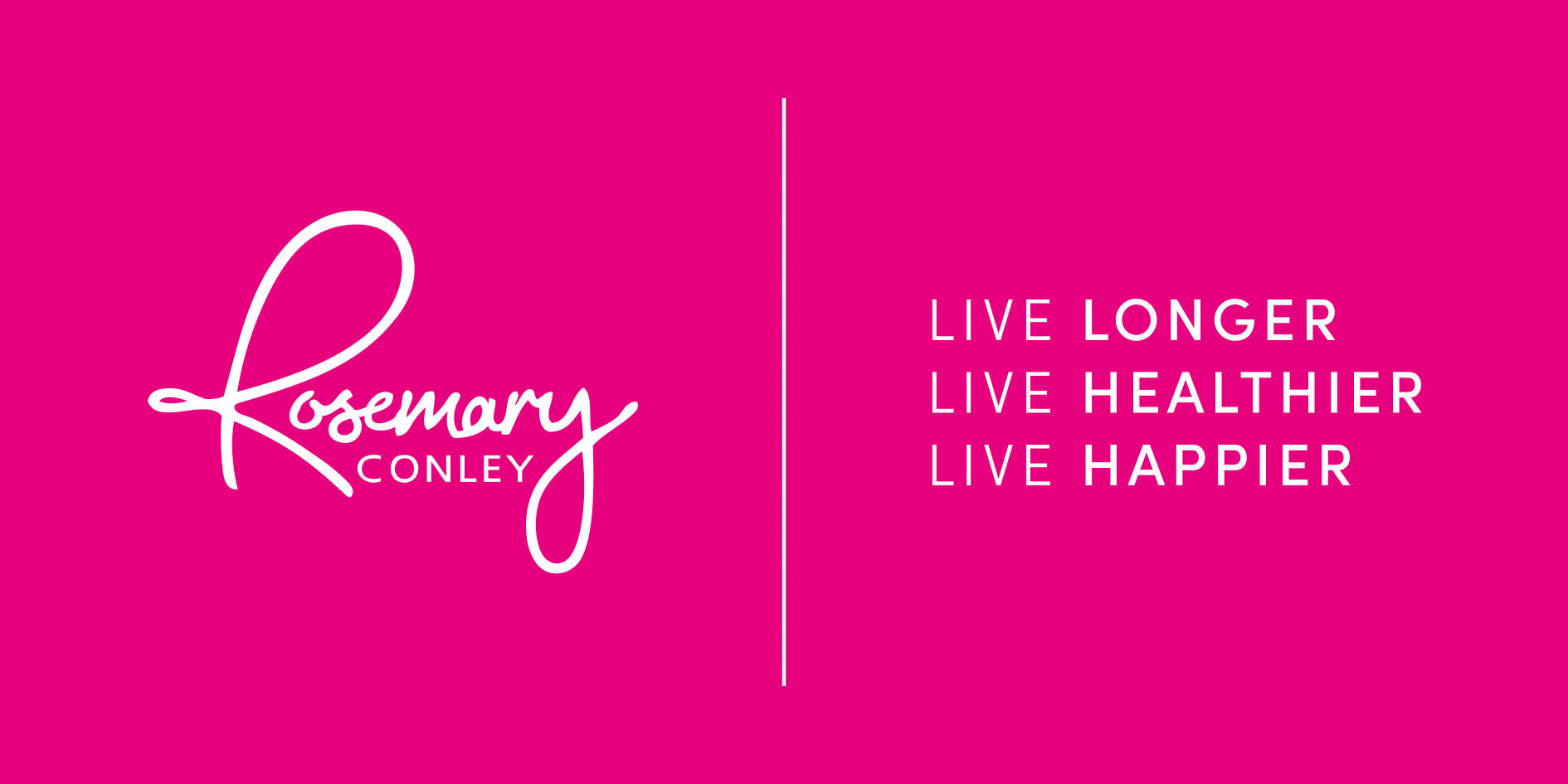Symptoms of a heart attack can include:
- chest pain – a feeling of pressure, heaviness, tightness or squeezing across your chest
- pain in other parts of the body – it can feel as if the pain is spreading from your chest to your arms (usually the left arm, but it can affect both arms), jaw, neck, back and tummy
- feeling lightheaded or dizzy
- sweating
- shortness of breath
- feeling sick (nausea) or being sick (vomiting)
- an overwhelming feeling of anxiety (similar to a panic attack)
- coughing or wheezing
The chest pain is often severe, but some people may only experience minor pain, similar to indigestion.
While the most common symptom in both men and women is chest pain, women are more likely to have other symptoms such as shortness of breath, feeling or being sick and back or jaw pain.
Call 999 immediately if you think someone might be having an attack. The faster you act, the better their chances.

